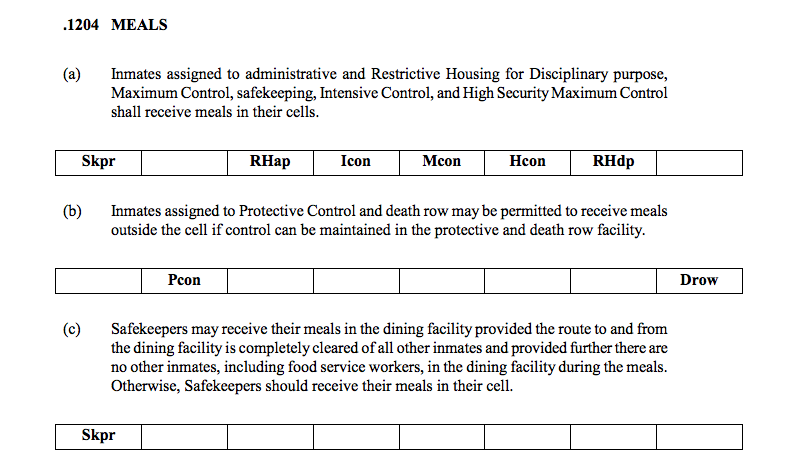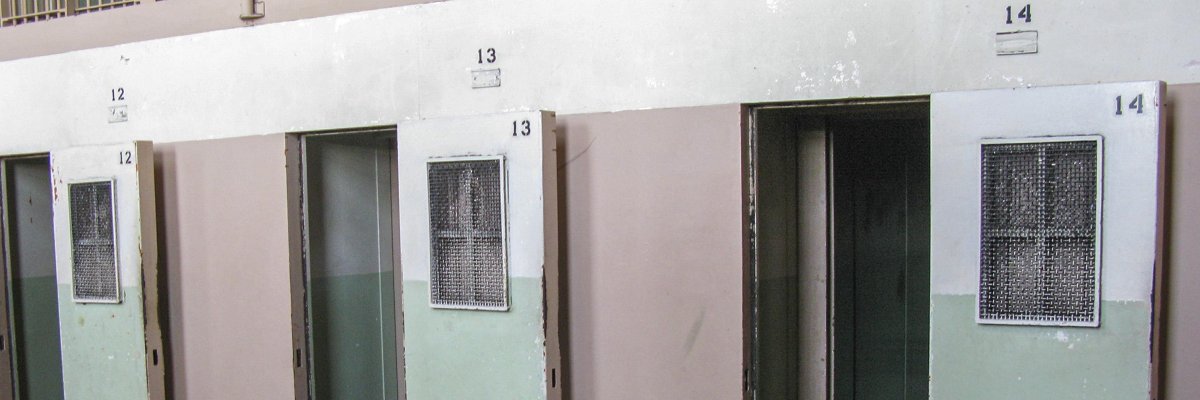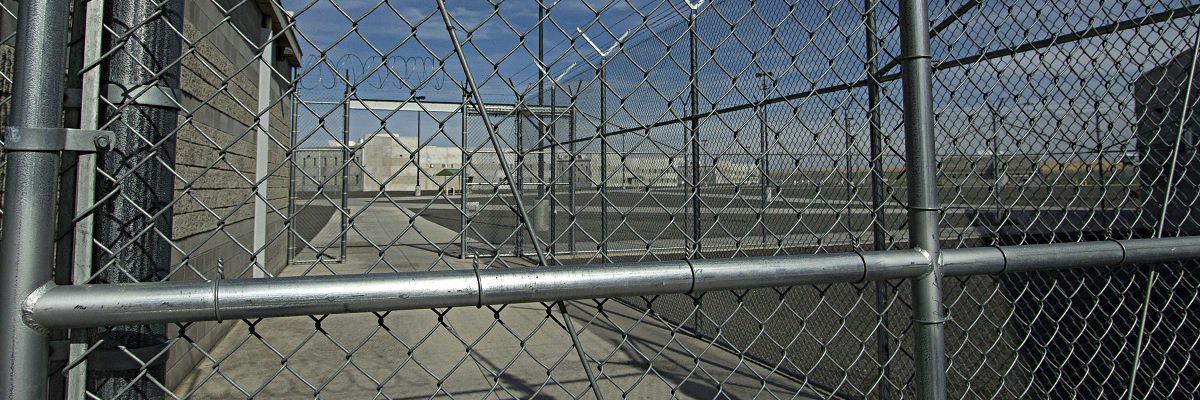Changes to North Carolina’s Department of Public Safety segregation policies in the past year have highlighted another common issue nationwide in the prison reform discussion: without adequate funding, naming the problem isn’t enough.
In March, the NC DPS issued a revised version of Policy 1200, “Conditions of Confinement”. The update came roughly a year after one of the most disappointing solitary confinement abuse stories in NC history. In March 2014, after thirty-five days in solitary confinement, Michael Kerr, an Army veteran with history of schizophrenia, died of dehydration.
Solitary confinement isn’t the official name on the books in NC - different reasons result in different appropriate terms. As emphasized by the confinement conditions, there are a variety of classifications that will land you time in the hole.

The policy dictates the purpose of each status and the privileges allowed.

But it doesn’t necessarily address problems like the one faced by Michael Kerr, in part because the transformation of terminology does little to confront the large number of North Carolina inmates suffering from mental health issues.
The year Mr. Kerr passed away, the University of North Carolina School of Law, in cooperation with the ACLU and North Carolina Stop Torture Now, published a paper denouncing the state’s use of solitary, in particular the high percentage of segregated inmates who required mental health treatment. The report incorporated a number of inmate interviews, the consensus being that, despite administrative safeguards, the solitary placement hearing process was a “joke” and mental health professionals were severely understaffed in a correctional system where over ten percent of inmates receive care and many more need it.

A cry of concern was sent to from the American Civil Liberties Union, among others, in August, asking that an investigation be made into NC’s use of solitary confinement. In the meantime, legislative budgets have been set for the next year, and it’s expected that funding for mental health treatment under the Department of Health and Human Resources will continue to drop.

As part of a nationwide solitary census, MuckRock has been requesting solitary confinement policies and statistics nationwide. The practical problems of policy changes highlight the need for a more holistic approach to how government are dealing with the problem of mass incarceration. The least of those should be how to consider the same results filed under different names.
Read through the full policy embedded below.
Image by Thomas via Flickr and is licensed under CC BY-ND 2.0




